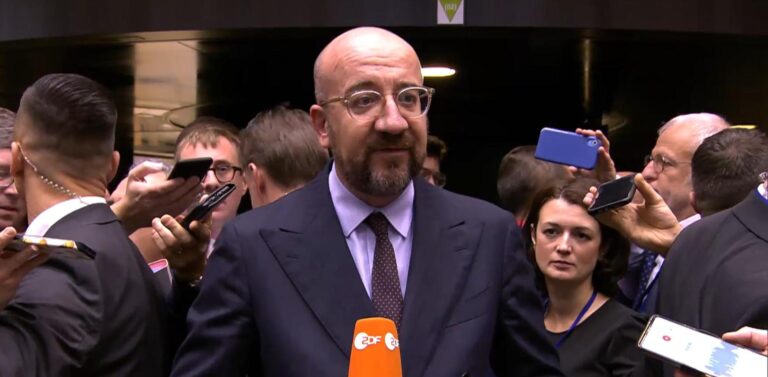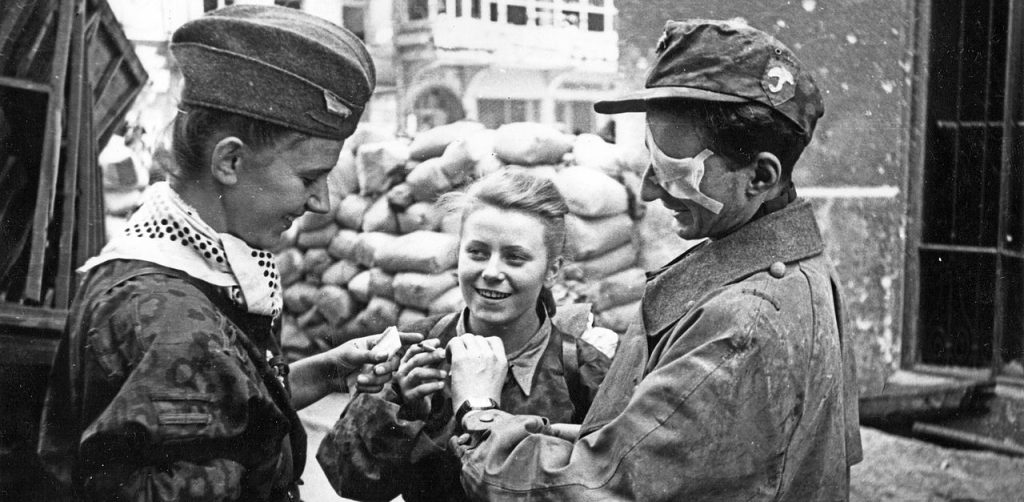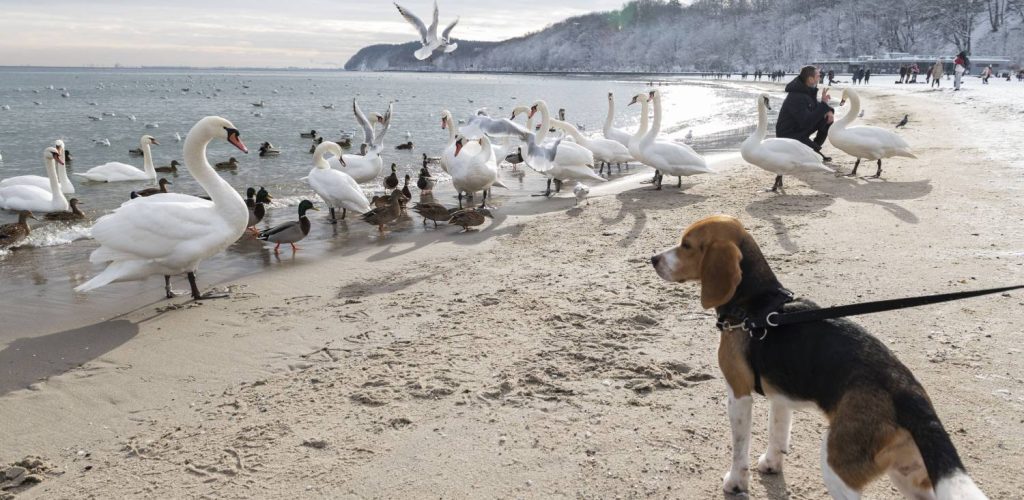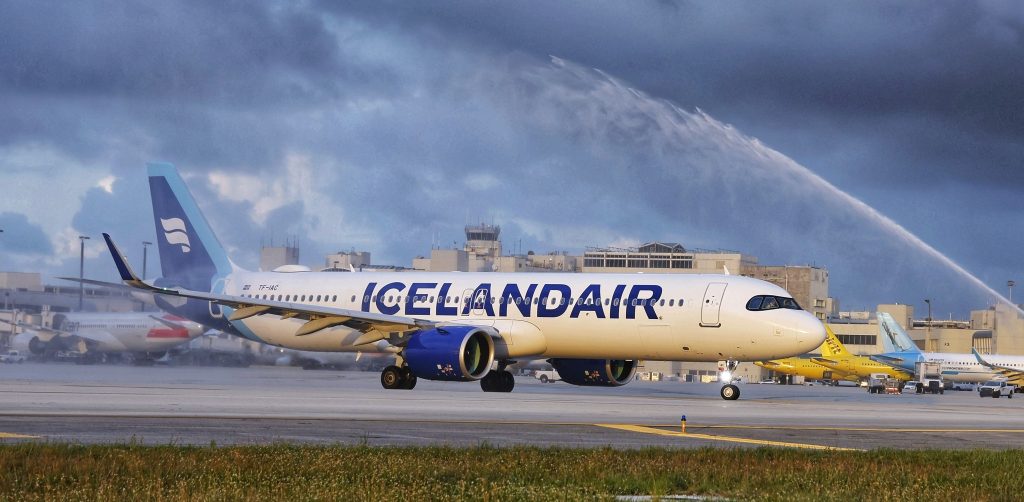European Union leaders approved the opening of accession negotiations for Ukraine, Georgia, and Moldova at the EU summit in Brussels last week, a major boost for Kyiv after months of opposition from Hungary.
In a post on X, formerly Twitter, Ukrainian President Volodymyr Zelenskyy called the decision „a victory for Ukraine. A victory for all of Europe. A victory that motivates, inspires, and strengthens.”
The European Council, in its decision regarding the negotiations on Ukraine’s accession to the EU, confirmed that the legal and technical aspects of the process – the so-called negotiating framework – will be approved only after full implementation of all the recommendations of the European Commission.
Leaders at last week’s summit, which included Prime Minister Donald Tusk, also confirmed their intention to continue to provide „strong political, financial, economic, humanitarian, military, and diplomatic support to Ukraine,” including an increase in funding for the European Peace Fund, which compensates member states for military aid to Ukraine.
Source: Radio Gdańsk, rferl.org, Polskie Radio
Prime Minister Tusk is in Tallinn today for talks with his counterparts from Estonia, Latvia, and Lithuania.
Tusk’s chief of staff, Jan Grabiec, announced Tusk’s visit with Baltic leaders as a chance to discuss „shared important issues” such as „the situation on the eastern border.”
Estonian Prime Minister Kaja Kallas welcomed Tusk to Tallinn, describing Poland as an „important partner for the Baltic states” for „NATO’s collective security and the region’s connectivity, but also economically.”
Kallas told reporters the four prime ministers would „analyze the outcomes of the European Council” following the recent two-day summit in Brussels, „as well as discuss long-term support for Ukraine and regional cooperation.”
Source: Polskie Radio
Polish President Andrzej Duda has signed off on a plan to freeze energy prices for consumers in the first half of next year.
Last month, Poland’s new parliamentary majority introduced a bill to extend the freeze on electricity, gas, and heat prices for households and public-sector consumers until June 30, 2024.
Officials claim the new rules will benefit households, local governments, public institutions, small and medium-sized companies, and farmers.
President Duda signed the plan into effect on Friday after it had been approved by the Polish Sejm.
Source: Polskie Radio
Today marks the 53rd anniversary of the December 1970 protests and the deadly „Czarny Czwartek” or Black Thursday massacre.
The protests in December 1970 broke out in response to sharp increases in the price of food and other daily necessities proposed by the ruling communist government.
In response to the protests, soldiers from the Polish People’s Army and the Citizen’s Militia opened fire on shipyard workers on their way from the train station to work at the shipyard in Gdynia on Thursday, December 17th, killing 18 people and injuring dozens more.
Commemorations in Gdańsk took place yesterday at the Monument to the Fallen Shipyard Workers, where members of the Solidarity trade union and former shipyard employees lit candles, laid flowers, and paid tribute in prayers and speeches for those injured and killed by government militias during the wave of strikes.
Historians estimate at least 45 people were killed across Pomerania during the December ’70 protests, including 8 in Gdańsk, 18 in Gdynia, 16 in Szczecin, and 1 in Elbląg. An estimated 1,200 people were injured, with some 3,000 protestors also detained.
Source: Radio Gdańsk
Weather
Today will be cloudy and very windy, with very little chance of rain and a strong breeze coming from the west. Temperatures will stay comfortably above freezing with a high of 8°C, or 47°F, dropping slightly overnight to a low of 7°C or 44°F. Similar weather is expected tomorrow, with colder temps and a chance for snow returning later in the week.
Listen:
Elizabeth Peck/aKa







